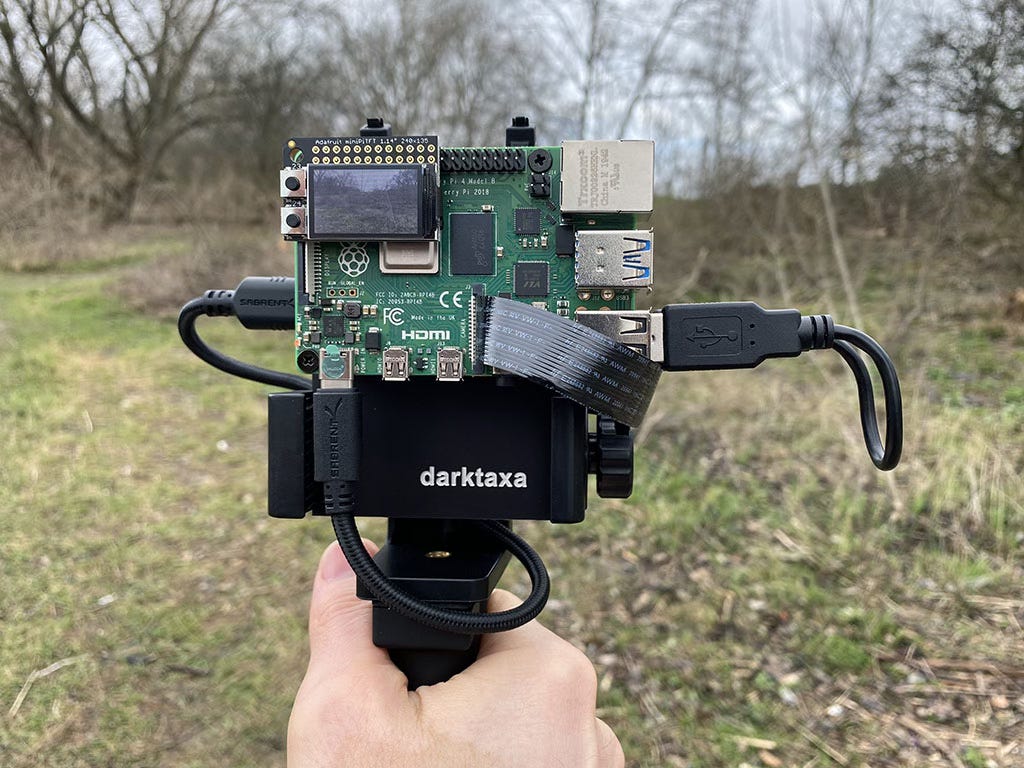I'm now a podcaster!
Not really.
A new podcast talking about my work! Take a listen…
What was that? It was generated by NotebookLM, a new tool from Google. It’s an AI “research assistant” that can summarize the information you give to into the form of a podcast.
Is this cool? A new way to stroke my ego, by having AI talk about my work? Or is it just a form of end of empire, late-stage capitalism, regressive techno navel gazing? Is it something that’ll make me never want to do an actual podcast, or fly out for a panel discussion, since everything I say can be more quickly summarized, into an easier-to-digest form, by an AI?
I tried it again, this time with my essay “Tabula Rasa: Rethinking the Intelligence of Machine Minds.” Here’s what it generated…
Luckily (I guess, preserving my future speaking opportunities) it misses the point of the essay entirely. It may sound correct, but it got confused between what my writing said, and some of the themes in Jason Bailey’s introduction. The podcast emphasized that my AI was somehow accessing our collective unconsious, rather than struggling to create because it was starting from a blank slate. (It also got the notion of “latent space” wrong. And came up with some sort of strange pencil metaphore. But I’m not going to highlight everything wrong.)
Ironically, this idea of the machine having access to the collective unconscious is absolutely the case with NotebookLM — which has been trained on pretty much everything on the internet. Its interpretation of my writing is absolutely from a mainstream-world perspective. (Again, in total contrast to what “Tabula Rasa” is all about.)
How might I push NotebookLM to its limits. Could I do something to break it?
What if I gave it something super-abstract? How would it understand one of the raw data files that I use to create my Quantum Drawings? This is a sample of what that looks like…
11110,00110,01010,00000,10111,01001,11110,00101,00101,00101,00010,10101,01100,11100,01101,11100,00110,11111,11000,01011,01011,11101,00000,10001,10011,00001,01011,00100,01111,00000,01100,01001,10111,01000,01000,00001,00010,00011,00101,10101,01011,00011,10010,11010,11111,10110,10010,11011,11100,00000,01000,01111,10001,10011,01100,00001,11011,10111,11000,11100,00001,10011,11011,10101,11001,11100,00001,01010,01100,11101,10100,11000,00011,00000,11011,10001,01001,11111,11001,10011,11111,00110,10010,11110,00000,10010,01001,11101,10100,11101,11111,00100,11011,11111,00111,01101,10111,11010,00001,00000,00001,00101,01100,11100,11011,01000,11111,00011,00001,11010,10110,01111,11100,11000,00101,01000,00000,00000,00101,01011,10111,01110,01011,01101,11010,00111,01100,11010,00011,11000,10100,11000,01001,01000,01111,10011,10010,01111,01110,00110,10100,00110,10110,11011,11011,00010,00011,00111,00001,11001,01011,11101,01011,11101,10011,01011,01101,01010,11011,11000,00000,11110,I, “generously,” added this text to help it a little: “This is data that was generated using five qubits on an IBM quantum computer.” Here’s what was generated…
I can’t claim that I broke the tool. But it certainly is a conversational ramble. Almost 12 minutes from a data file.
I did another version, with a little more context. I added “This data was then used by an artist to generate an image.” Is this how I should create my next post about creating my “Quantum Drawings?”

Ok - one more... This time I’m uploading the raw data file from DTC-1, my collaboration with Michael Reisch. What does it think of an almost endless string of 1s and 0s?
This might be the most wrong of all the outputs. It thinks the camera is designed to capture images of “darktaxa,” rather than the camera being an instance of darktaxa. It’s like thinking that a Sony camera captures images of “sonys.” (The camera is instead part of darktaxa-project, which looks at creativity at the interface of photography and new digital imaging techniques.)

In conclusion, while AI tools like NotebookLM offer a fascinating glimpse into the future of content creation and summarization, they also present significant limitations. These tools, trained on vast amounts of data, often miss the nuance and deeper understanding of more abstract or complex works. As seen with the generated podcasts, AI struggles to grasp subtle ideas, often veering into confusion or misinterpretation. This raises questions about the role of AI in creative and intellectual discourse—whether it enhances accessibility or diminishes the need for human expression. Ultimately, it’s clear that AI, for now, remains a supplement, not a substitute, for genuine thought and discussion.Nope - that was a GPT generated conclusion.
Really - I think the conclusion is to stay away from these things.
Critiquing the “podcasts” distracts from the deeper problems of outsourcing tasks to AI. Nit-picking details of what is generated plays into an acceptance of the technology’s inevitability, with some misguided idea that the critique will be used to repair and improve it. Having a “better” version shouldn’t be the goal.
This entire exercise was, as I said at the beginning, distracted and pointless navel gazing. Nothing new here. A reminder of the limitations inherent in the technology. And of how soul-crushing it can be if you try outsourcing creative work to it.
Don’t just go along for the ride with AI. Make something new and unique.
If anything, I should appologize for dragging you down this rabbit-hole.